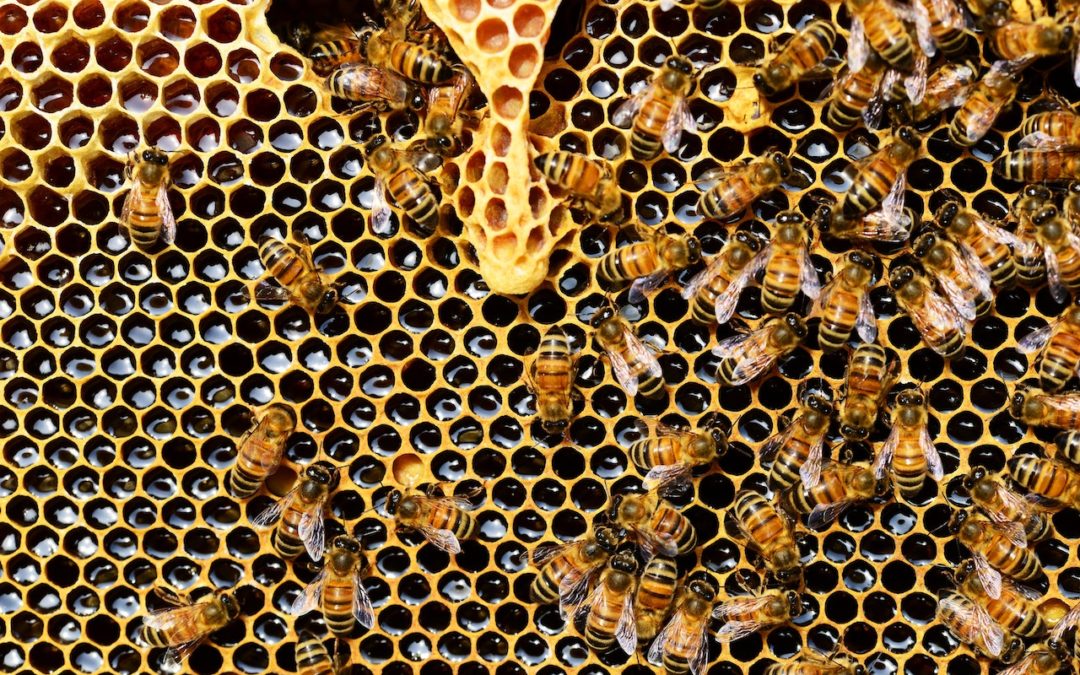In the world of oncology, researchers are constantly searching for new treatment methods with the potential to improve patient outcomes. A recent study may have found an example in an unexpected place: honeybee venom. Australian researchers at the Harry Perkins Institute of Medical Research and the University of Western Australia found that the venom kills 100 percent of triple-negative breast cancer cells in just 60 minutes. So, what could these findings mean for breast cancer patients?
The Medicinal Uses of Bee Venom
This groundbreaking cancer study was far from the first research effort focused on the potential medical applications of bee venom. The naturally produced toxin has been shown to have several toxic and therapeutic uses.
The first bee venom cancer study occurred in 1950 when researchers found that the toxin could be used to eliminate tumors in plants. There is also previous cancer research on bee venom, showing efficacy in the treatment of multiple forms of cancer, including melanoma and hepatic, renal, and prostate cancer.
However, the recent Australian study was groundbreaking, as it marked the first time that bee venom was tested against all types of breast cancer cells, including normal breast cancer cells.
Testing Bee Venom as a Breast Cancer Treatment
Led by Dr. Ciara Duffy, the team of Australian researchers tested both natural bee venom and a synthetic version known as melittin in breast cancer cell samples and compared the results. Although it is synthetic, melittin is also the molecule that causes pain from bee stings.
The researchers found that both options were effective in samples of triple-negative breast cancer cells and HER2-enriched breast cancer cells. Triple-negative breast cancer is one of the most aggressive and difficult to treat forms of cancer. Characterized by a lack of estrogen and progesterone receptors, HER2-enriched breast cancer is positive in the HER2 protein. This variant of the disease also grows faster and has a worse prognosis than most other forms of breast cancer.
The researchers collected 312 bumblebees and honeybees for the study in England, Ireland, and Perth, Australia. While the bumblebee venom showed no effect on cancer cells, the honeybee venom was shown to be effective. The melittin in the honeybee venom breaks through the surface of the cells, forming holes that cause the cells to die. The melittin was found to interfere with the messaging system of cancer cells, thereby preventing them from spreading throughout the body.
The study examined how honeybee venom and melittin both affect cancer signaling pathways. Cancer cells rely on chemical messages to grow and reproduce. The team found that both the venom and melittin are capable of shutting these pathways down quickly.
Areas for Further Research
While promising, the study authors have acknowledged that further research is needed to understand fully how venom kills cancer cells. They also noted that killing cancer cells in a lab does not necessarily indicate that the treatment will show similar efficacy when treating a human being.
In previous studies, other compounds capable of killing breast cancer cells in dishes or mice proved ineffective when tested on human patients. That said, the promising nature of these results has prompted the team of researchers to conduct the additional research needed to determine the efficacy of bee venom in people with cancer.
Specifically, the researchers have mentioned a need to determine how the venom would be delivered to patients, potential toxicities, and maximum tolerated doses.
Could Bee Venom Transform Cancer Treatment?
While it is still too early to say with certainty, the healing effects of honeybee venom shown in this study could potentially transform the world of cancer treatment. Due to its global availability, natural status, and relative affordability, the venom could be especially effective in remote and underdeveloped regions.
Future research will need to evaluate whether there is any variance between different types of bee venom. Venoms from different types of bees will need to be tested to determine if anti-cancer properties are unique to a limited number of varieties.
Projected Growth of Bee Venom Extract Market
Bee venom has experienced rapid growth as a popular natural medicine. According to market research by Future Market Insights, Inc., the global bee venom extract market is projected to be valued at $540 million by 2032, compared to its current valuation of approximately $327.5 million.
This predicted growth is based on projections of bee venom extract as a new tool in modern medicine. In addition to its potential as a cancer treatment, proponents of bee venom claim that its anti-inflammatory properties can be used to treat rheumatoid arthritis, acne, nerve pain, and psoriasis, among other medical conditions. It should be noted that additional research is needed to determine the true efficacy of bee venom in the treatment of all of these medical conditions.
In addition to the potential medical uses, bee venom is currently being used in the cosmetic and skin care industry.

